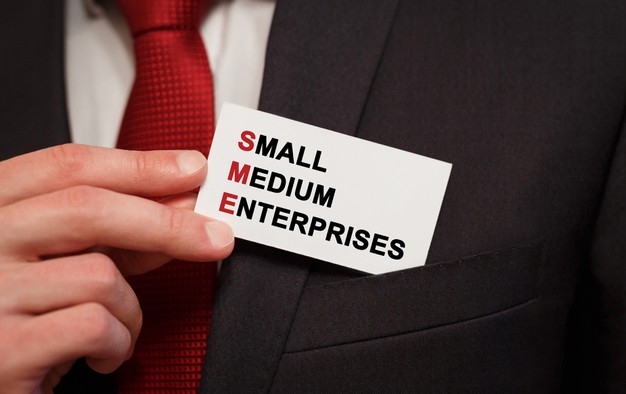Rainy days can come unannounced. If you are a small business owner, a sudden financial crisis can put a dent in all your plans. A global economic recession looks inevitable amidst the coronavirus outbreak. That’s why building an emergency corpus is exceptionally critical. It can help you weather through the rough days with ease. So even when your business is unable to operate at its full potential, you can continue to power through by dipping into your emergency corpus.
We have put together a handy guide on how can you create this corpus with ease:
Build emergency fund into your business plan
An emergency comes in all shapes and sizes. It could be a medical emergency, a natural disaster, or even the loss of your business partners. The right approach to building an emergency fund is by identifying the potential emergencies that pose a risk for your business. Provide for the emergency fund in your business plan so that you are forced to stick to your objectives.
Maintain distinct accounts
Many business owners make a rookie mistake of just having one business bank account. This does not allow you to focus on building a standalone corpus as all the debits are carried out through a single account. Start by setting up a separate account, earmarked for emergency funds. A different account will also help to prevent any urge to spend the funds elsewhere.
Invest in the right financial products
Investing your hard-earned money to gain higher returns simply is very short-sighted. Without proper due diligence, you may end up with the wrong portfolio of assets. Direct mutual funds can be a great investment avenue as it offers superior returns compared to regular mutual fund plans. There are no intermediaries involved in direct plans. So you don’t have to go out of pocket for any commission or brokerage fee, leaving you with higher returns. As mutual funds are a great way to diversify your investments across assets, it can be a great addition to your emergency kitty.
Reduce unnecessary business expenses
In the era of consumerism, it is very easy to fall prey to unnecessary expenditures. However, if you are planning to build a substantial emergency corpus, resist the temptation to spend without any cause. Have a monthly spending plan that accounts for your necessary expenditures and make it a point to stick to that. Avoid unnecessary travels for business meetings if you have an option to do the same over a call or video conference. If you outsource a lot of services of your business, reevaluate if it is possible to cut back on certain costs. Any money that you save can be a valuable addition to your emergency corpus and strengthen it further.
Speak to your financial advisor
Navigating the world of investments is not a cakewalk. It is very easy to get overwhelmed due to the variety of products available. Therefore, seek the help of professionals whenever you are in doubt. Discuss your options with your investment advisor. Financial planners can also help you to decide on your corpus and the right products for your portfolio. You can also approach an investment advisory platform such as MoneyFront that provides fully automated and paperless platform.
Use your tax refunds
If you are worried about setting aside a portion of your income for your emergency fund, tax refunds can come to your rescue. Instead of using tax refunds for operating expenses of your business, put it away in your emergency fund accounts or invest it in stocks or mutual funds.
Conclusion
Very few small business owners pay attention to building an emergency fund. Given the unpredictable financial climate, there is no time like the present to start your emergency fund. Always remember that emergencies come unannounced. It is also impossible to predict the behavior of the market. That’s why the sooner you start, the better it is.
It would be prudent to save an amount that can help you survive for at least three to six months. If you are struggling with being financially disciplined to save, set up auto withdrawal instructions so that you are forced to save. However, resist the temptation to use your emergency funds for events that are not true emergencies. If you want to be a responsible entrepreneur, and watch your business succeed, get started with an emergency fund right now.




